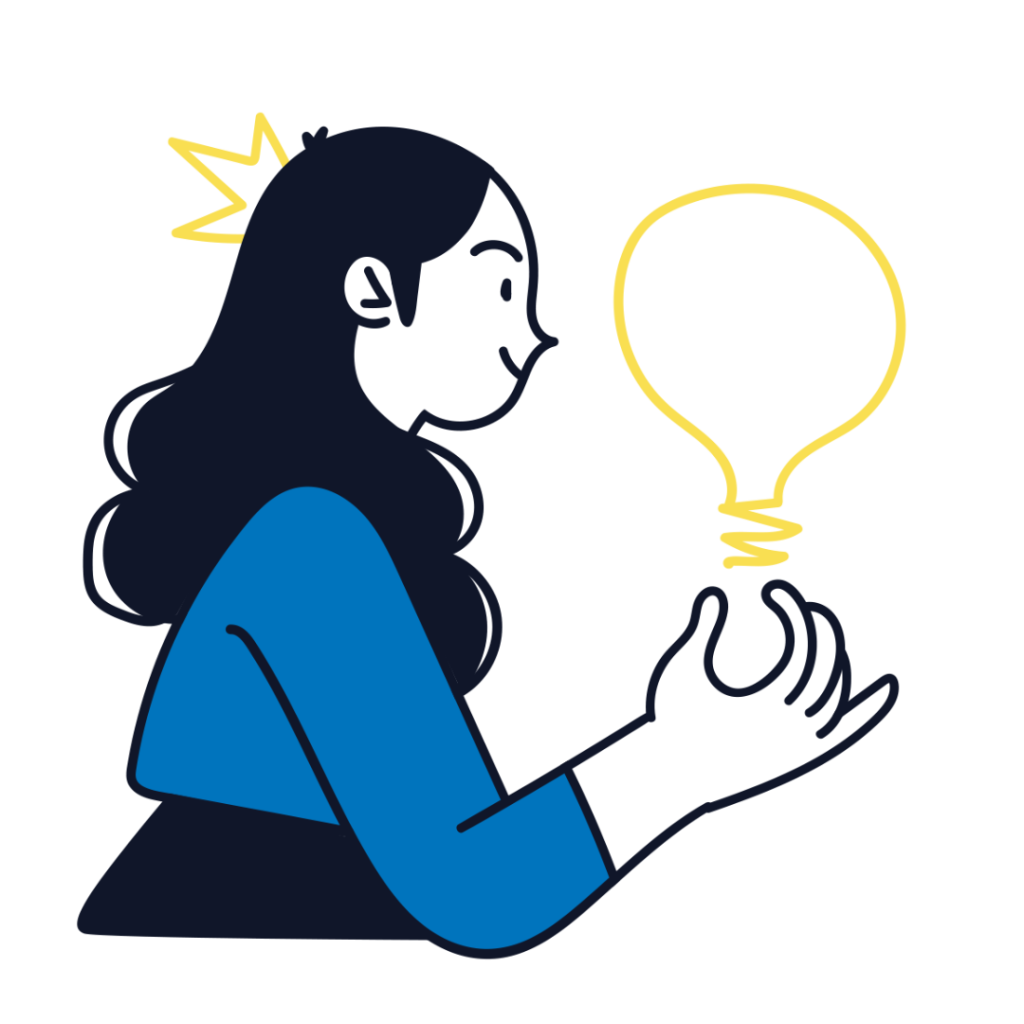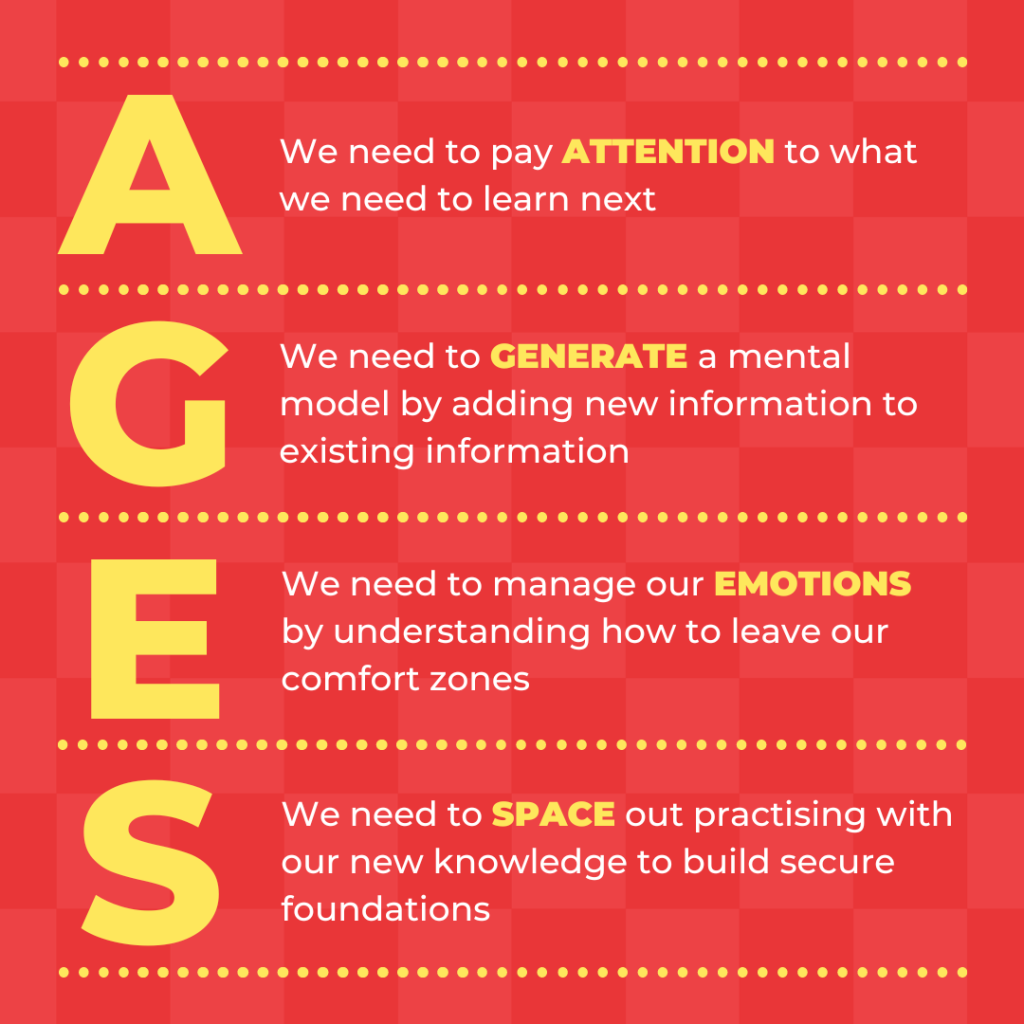Learner Identity Sessions (Year 7-8)
In this one-hour workshop, learners will begin to discover their own personal learner identity and differences between Growth and Fixed mindset, how we are all capable of having a Growth mindset and the importance of this in their learning.
Learners will be guided through a self-reflective journey of their own learning while discovering different techniques that will benefit their learning. Using examples from school and out of school life, students will explore situations where they have been successful as well as where they have faced challenges and if they can identify the reasons behind that.
We will then explain different techniques that can enhance their learning. Some, if not all of these techniques, they will already use without realising and so we will reflect on situations where they have applied these techniques to achieve success.

Study Skills Sessions (Year 10&11)
This one hour session ideally takes place a term later. It starts by activating prior knowledge about the brain’s neuroplasticity and the AGES model before asking pupils to describe their Learner Identities (What am I good at? What do I struggle with? What do my family and friends say about me as a learner? What do I want to do in the future?)
We then tease out the barriers to learning around the ages model.
- What makes it hard for you to focus?
- What can we do about knowledge gaps?
- How do we understand and learn to manage our emotions when we leave our comfort zone?
- How do we practice?
Finally, we return to our learner identities. We will see how we use the AGES model without really realising it when we learn something we think we are good at. And we will see how the AGES model can help us to gain confidence in the learning we say we struggle with.
Our exit ticket takes an area we are going to challenge ourselves in and applies the AGES model.
Ideally, pupils return to metacognition each year to develop a more sophisticated understanding of it over time.
Metacognition – Neuroplasticity (Year 7-11)
This one-hour session is designed to build metacognitive capital. It starts with pupils reflecting on the area of their lives where they have learned something successfully, then teases out the processes by which this learning happened. We also take a look at the pupils’ Implicit Theories of Intelligence (their mindsets). Do they think they are born with a fixed intelligence – or do they believe you can grow your brain and get cleverer? There is then some “science” as we look at the brain’s neuroplasticity and start to understand how learning happens and what it looks like.
We relate that to the AGES model, which is a basic metacognitive process:

During the session the pupils actually experience the AGES model and learn something new before relating the model to when they have been successful and then to what teachers provide for them in their lessons.
As an exit strategy pupils and teachers are given resources to use in between the sessions.